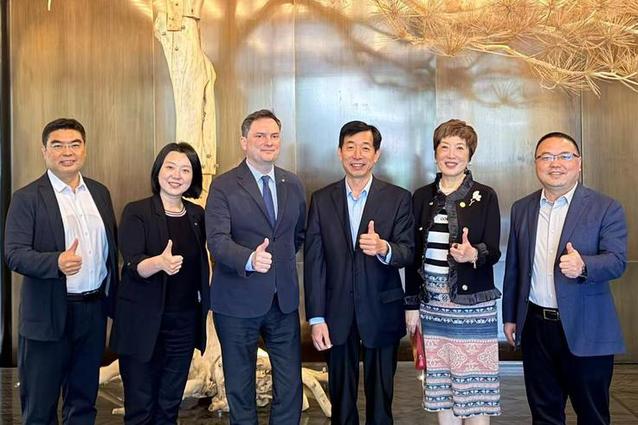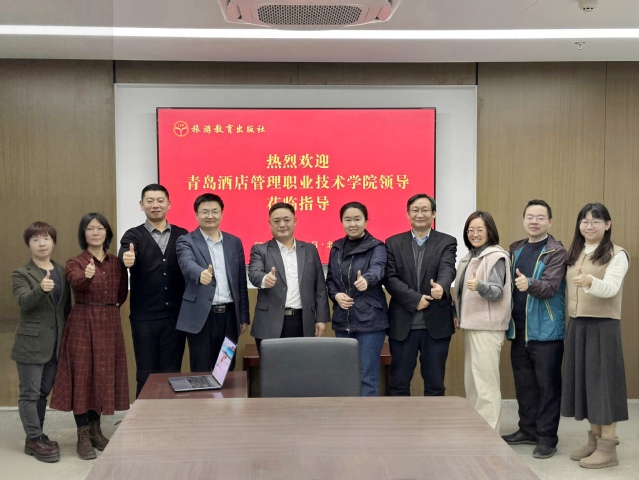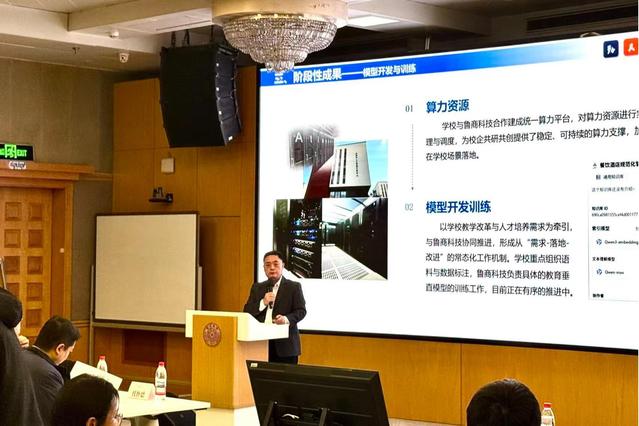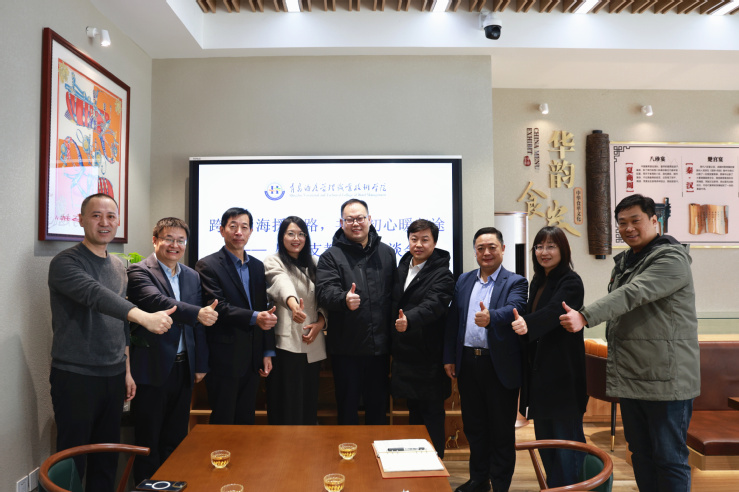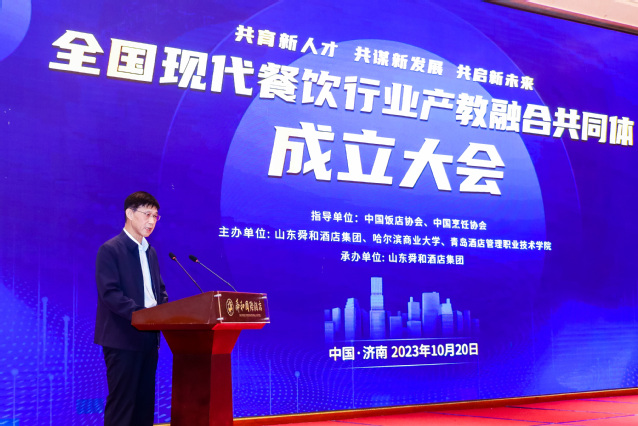
By Dong Quanyue | Qingdao Vocational and Technical College of Hotel Management
On October 20, the inaugural meeting of the Industry-Education Integration Community of National Modern Catering Industry(IEICNMCI)was held in Jinan, Shandong Province, which was initiated by the college in cooperation with Shandong Shunhe Hotel Group and Harbin University of Commerce.
Zhu Chuanzang,second-level inspector of Department of Education of Shandong province, said in his speech that the establishment of the IEICNMCI is an inevitable requirement to promote the high-quality development of the modern catering industry, and he put forward three expectations for the future development of the Community.
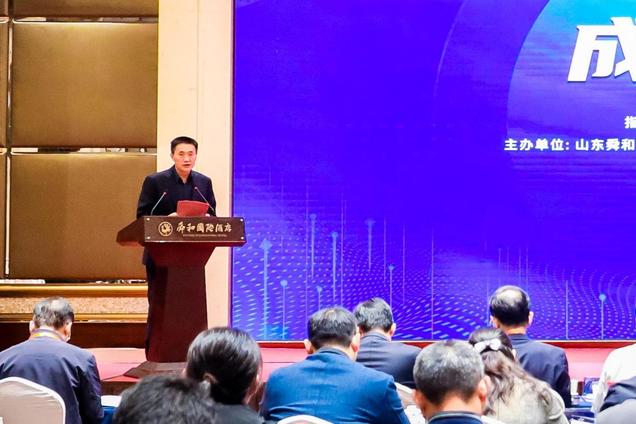
Jiang Yupeng, president of the Community and principal of the college, said that the college will be based on its own endowment of professional skills, adhering to the principle of Open, Sharing and Win-win, to build a substantive platform to enhance the connotation of the construction of catering specialties and talent cultivation, in order to build a new type of integration of production and education with highly matching layout, efficient docking of services, and support for the development of the whole industry.

The experts including Zhu Chuanzang, Jiang Yupeng unveiled the plaque for the IEICNMCI, and awarded plaques and letters of appointment to the executive director units of the Community.
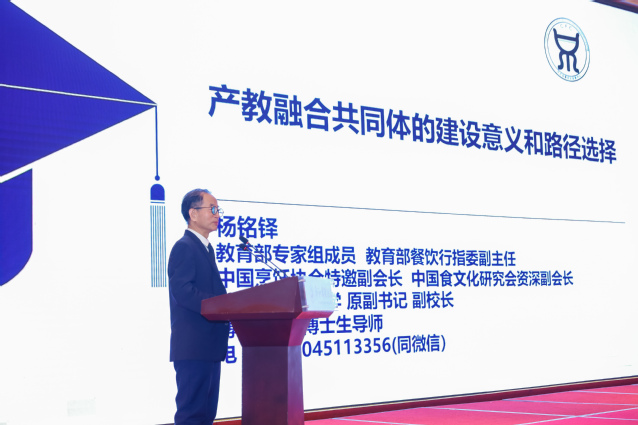
Yang Mingduo, member of the vocational education expert group of the Ministry of Education, made a keynote speech on the topic of Significance and Path Choice of the Construction of Industry-Education Integration Community.
Xie Wenyan, Director of Digital Marketing Center of Shunhe Hotel Group and member of the founding team of Digital Food (Beijing) Technology Co., Ltd. made a presentation on the topic of Digital Marketing Helps Modern Catering Win Definite Growth.
The IEICNMCI consists of 112 units including 16 higher education institutions, 58 vocational colleges and universities, 31 enterprises, 4 industry associations, and 3 scientific research institutions.
Representatives of various industry organizations, research institutes, colleges and universities, catering and enterprises from 20 provinces, municipalities, autonomous regions and special administrative regions attended the inaugural meeting.
The university will take this opportunity to give full play to the main role of higher vocational colleges and universities in the construction of the Community, and strive to build it into an industry-education integration community with strong influence in the country and high recognition in the industry, so as to make positive contributions to the high-quality development of regional economy.

